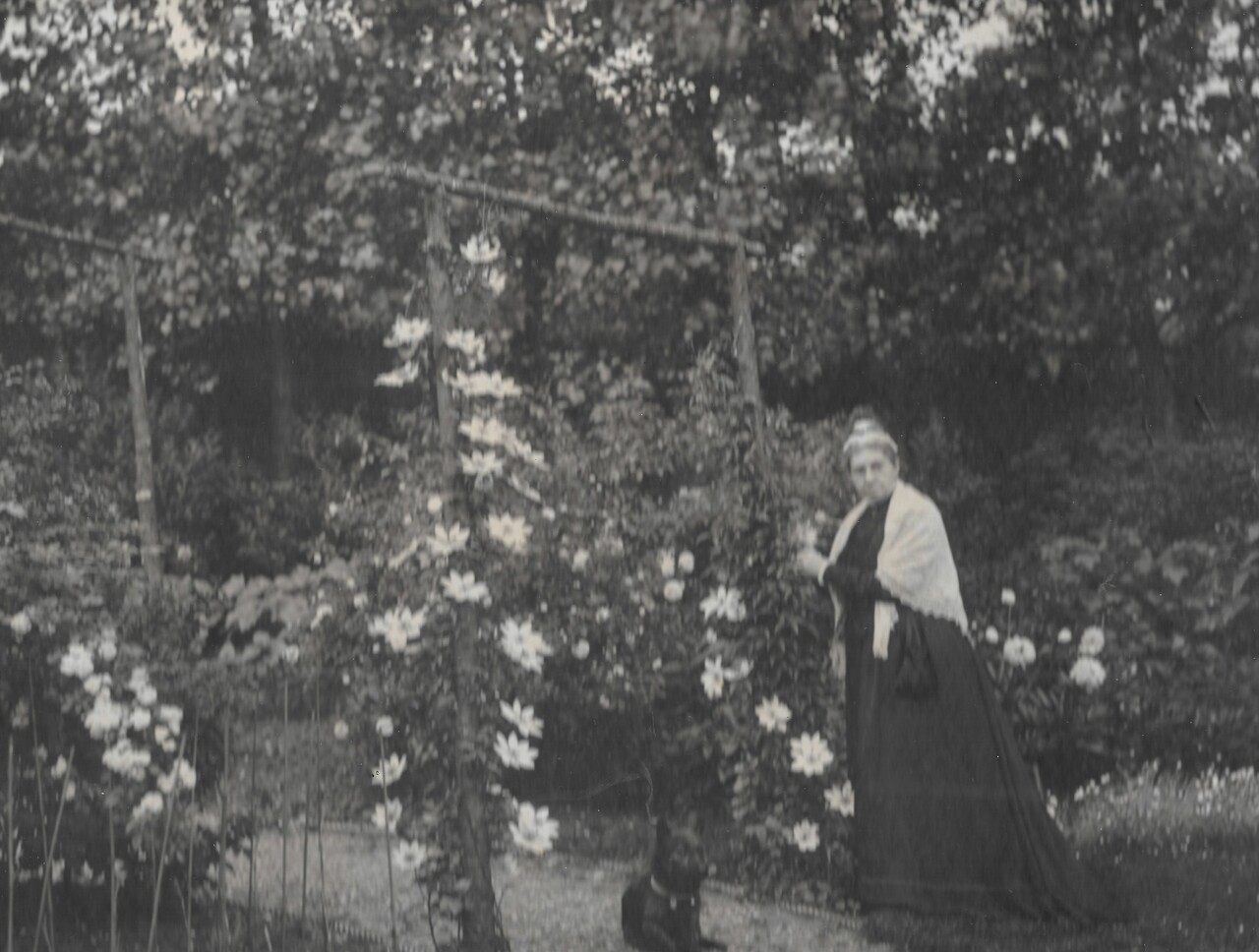
Musings on trauma
I discovered another letter recently. It is written to Richard Feaver Clarke, Arnold’s father, and it is from Arthur Hubbard, Arnold’s cousin on his mothers side. It was written on July 15, 1918 and reads -
Dear Uncle,
Thanks for your letter enclosing power of attorney from Arnold.
I do not profess to be able to say whether this will enable us to hand you the money for Arnold. Mi should think it would but I find that what I ‘think’ is so often wrong that I hesitate to commit myself. I will however see that this, with several other such instructions are put before the solicitors on Friday and if what you ask is possible, it shall be done.
I am sorry for the circumstance which rendered this course necessary. There is only one thing to be said, your remaining son is comparatively safe and although it must be a very unhappy existence, it is one that is preferable in this respect to cruising the North Sea. I daresay, in fact I know quite well that Arnold would prefer the latter.
Firstly, I think the letter refers to the endowment Arnold was left in his Aunt Dinah’s will. Lady Dinah Pearce was a very rich woman who had outlived her very rich husband and son and was generous with her many nieces and nephews in her will. Arthur (one of her nephews) was an executor of her estate and would have been sorting Arnold’s endowment with his father due to him being interned in Norway.
Secondly, and more importantly, Arthur raises something that has crossed my frequently during the process of writing and researching my book. He raises the point that Arnold, and his family, were lucky that Arnold was ‘safe’. I will never claim that Arnold’s war experience equaled that of a man who was involved in trench warfare as far as violent trauma. It didn’t but I also find myself wanting to defend the level of trauma Arnold, and those who were interned with him, went through. They had survived a torpedo attack and shipwreck. They watched many of their shipmates drown. They were then kept behind fences for 3 years and 3 months, not able to see loved ones, not allowed their liberty or freedom. It was not the same as actively being involved in the war and as Arthur points out, Arnold and probably others would have preferred to be involved in the war and that mindset would not have assisted with the mental health of men who were being kept away from a war that they had volunteered to be involved in. I am rambling a bit here but it something that I think about and I suppose, again, I want to defend Arnold and all those who survived the sinking of HMS India. I want to defend their place in the stories of WW1. I want to defend their experience and it’s associated trauma. It was real. It had its moments of lightness but for many men it was incredibly difficult and many of them were never able to speak of it again.
Post Views : 176